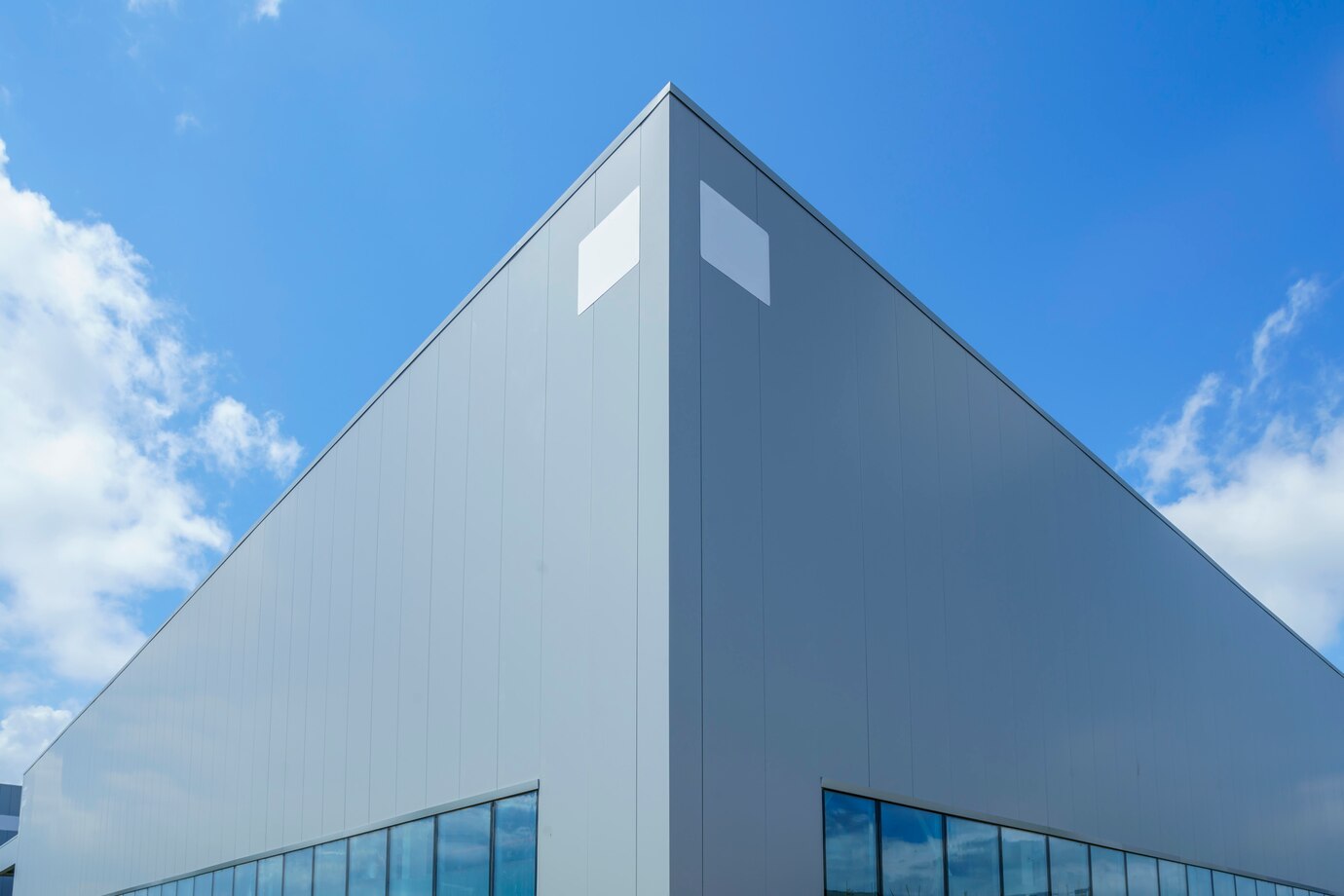The world of business faces a lot of changes today because of rapidly evolving technologies. This affects every aspect of a business, including facility management. Facility management is no longer limited to basic maintenance and operational oversight. Instead, it’s changing into an advanced, data-driven field under the influence of industry 4.0 technologies. This shift is often referred to as Facility Management 4.0 and it has a potential to completely transform how businesses interact with their facilities, how they achieve their sustainability goals, and how they optimize their operational efficiency.
What is facility management?
Facility management is the comprehensive management of physical environment, people and process within any facility. For businesses, it ensures functionality, safety, and efficiency through services including maintenance, cleaning, space optimization, energy management, and security of the facility.
FM is crucial for all for businesses with all types of facilities:
1.Offices: In corporate spaces, FM ensures that the environment supports productivity. Whether it’s ergonomic seating arrangements, reliable HVAC systems, or optimized energy usage, FM teams enable employees to focus on their work without distractions.
2. Warehouse and logistics Facilities: In warehouses, FM focuses on space utilization, efficient workflows, and safety compliance. Proper FM ensures that inventory moves smoothly and safely while minimizing downtime caused by equipment failures or accidents.
3. Retail stores and shopping centres: Retail stores rely on FM to create engaging customer experiences. This includes everything from ambient lighting and climate control to facility cleanliness and seamless operational support, ensuring customer satisfaction and repeat visits.
Clearly, FM plays a foundational role across industries. However, as business demands evolve, traditional methods are being replaced by smarter, more adaptive systems.
The Era of Industry 4.0
Industry 4.0 is identified by its adoption of smart technologies like the Internet of Things (IoT), artificial intelligence (AI), big data analytics, and cloud computing, reshaping industries by automating processes, enhancing decision-making, and improving productivity.
For facility management, this revolution is transformative. Industry 4.0 lays the groundwork for FM to become predictive, flexible, and deeply integrated with the operational goals of businesses.
Facility Management 4.0: A New Approach to Managing Facilities
Facility Management 4.0 integrates advanced technologies with traditional FM practices to create smart, efficient, and sustainable spaces. This approach enables facility managers to transition from reactive to proactive strategies, leveraging real-time data and automation for optimal outcomes.
Key Factors of Facility Management 4.0
- Smart Facility Systems
IoT-enabled devices and systems allow for completely centralized control of facility operations, including lighting, heating, ventilation, and security, ensuring peak efficiency. - Predictive Maintenance
Sensors and AI technologies are capable of analyzing equipment performance, predicting failures before they occur and reducing costly downtime. - Energy Optimization
Smart energy management systems monitor usage patterns, automatically adjusting settings to conserve energy and lower costs. - Digital Modelling
Virtual models of facilities enable real-time monitoring and planning for management, helping managers test changes without actually disrupting operations within the facility. - Enhanced Security
AI-powered surveillance systems and biometric access control ensure robust security for facilities.
The Benefits of Facility Management 4.0
1. Operational Efficiency
Facility Management 4.0 doesn’t just automate; it strategizes. Real-time monitoring and analytics ensure that processes are running at optimal levels. For instance, IoT sensors in a warehouse can track equipment usage patterns and suggest layout adjustments to enhance productivity.
This level of insight transforms operations from being reactive to proactive. By pre-emptively addressing inefficiencies, FM teams can save resources and prevent costly disruptions.
2. Cost Savings Beyond Maintenance
While predictive maintenance reduces repair costs, FM 4.0 offers savings in unexpected areas. For example, AI-driven space management tools can identify underutilized areas in an office, allowing businesses to downsize or reallocate space as needed.
Additionally, by leasing advanced technologies rather than purchasing them outright, companies avoid the financial burden of owning rapidly depreciating assets.
3. Enhanced Sustainability
With sustainability becoming a global priority, Facility Management 4.0 offers solutions that align with environmental goals. Smart energy systems can reduce energy consumption by learning and adapting to building usage patterns.
For instance, retail spaces can use IoT-enabled HVAC systems that adjust based on customer density, ensuring comfort while minimizing energy use. Such measures not only reduce operational costs but also contribute to a company’s ESG (Environmental, Social, Governance) objectives.
4. Improved User Experience
Modern businesses recognize the importance of the occupant experience, whether it’s employees in an office or customers in a retail store. FM 4.0 enhances this experience through features like adaptive lighting, automated cleaning systems, and personalized climate control.
These small but impactful innovations boost employee satisfaction and customer loyalty, directly benefiting business performance.
5. Scalability and Flexibility
As businesses grow or pivot, their facilities must adapt. Facility Management 4.0 enables this flexibility through modular systems and data-driven insights. For example, warehouses can use AI to reorganize storage layouts based on inventory changes, minimizing downtime during scaling efforts.
The future with Facility Management 4.0
Facility Management 4.0 represents the future of how we manage and interact with facilities. As businesses strive to meet evolving demands, FM 4.0 provides a roadmap for smarter, more sustainable operations.
Whether it’s enhancing productivity in offices, optimizing workflows in warehouses, or redefining customer experiences in retail spaces, Facility Management 4.0 is a changing the landscape. By adopting the advanced systems of Facility Management 4.0, organizations can transform their facilities from static structures into dynamic, value-generating assets.





